Adult learning differs significantly from traditional education, emphasizing flexibility and practical experience.
The Five Pillars of Adult Learning Theory—Self-Directed Learning, Experiential Learning, Relevance and Application, Readiness to Learn, and Problem-Solving Orientation—provide a valuable framework for enhancing your educational experience.
Understanding these pillars enables you to adopt effective strategies that cater to your individual learning needs and boost your engagement.
This approach not only fosters a more dynamic learning environment but also supports your personal development.
Embracing these concepts can lead to meaningful growth in your educational journey.
Self-Directed Learning
Self-directed learning is an empowering approach that allows individuals to take control of their educational experience. This method fosters learning autonomy, enabling you to seek knowledge aligned with your personal interests and objectives.
It’s not merely about studying independently; it involves forming a supportive environment that connects you with a community of fellow learners.
To succeed in self-directed learning, recognizing what motivates you is crucial. Identify what piques your curiosity and what challenges you find stimulating. Understanding these factors allows you to customize your learning journey, making it more engaging and rewarding.
Connecting with others who share your interests enhances this experience, providing encouragement and valuable insights.
Engaging in self-directed learning also nurtures a sense of belonging. Taking responsibility for your education leads to personal growth while enriching the collective knowledge of your community.
Embrace this opportunity to transform your educational experience into something significant.
Experiential Learning
Experiential learning is an engaging approach that immerses individuals in real-world situations, making the learning process both dynamic and impactful. This method emphasizes active participation in your surroundings, enabling you to acquire knowledge through practical experiences rather than solely through reading or listening. Its hands-on nature caters to various learning preferences, allowing individuals to connect with the material in a way that resonates with them.
As you engage in various activities, reflective practice becomes a vital component of your learning. This involves taking time to contemplate your experiences, assessing what was effective, what fell short, and identifying areas for improvement. Reflecting on your actions not only enhances your understanding but also cultivates a sense of community among peers who’ve similar experiences.
Whether you’re tackling a project, collaborating with classmates, or navigating real-life challenges, the insights gained from experiential learning can lead to significant personal growth. This approach reveals that learning is an ongoing journey rather than a singular event, where continuous development and evolution take place.
Embracing these experiences fosters lasting connections, both within yourself and with those around you.
Relevance and Application
Understanding adult learning theory is crucial for creating educational experiences that truly resonate with learners. When courses connect to real-life situations, they do more than impart knowledge; they actively engage individuals in their own lives. Providing tangible examples establishes a link between theoretical concepts and practical application, leading to enhanced learner involvement.
Consider this framework to guide your approach:
| Motivation Factors | Contextual Learning | Instructional Strategies |
|---|---|---|
| Personal interests | Relating to daily life | Collaborative projects |
| Career aspirations | Problem-solving scenarios | Role-playing exercises |
| Social connections | Community-based projects | Interactive workshops |
| Previous experiences | Case studies | Peer feedback sessions |
Implementing these strategies can significantly elevate motivation and engagement levels. Incorporating contextual learning into your sessions aligns with what learners value, nurturing a sense of community. Adult learners perform best when they perceive their education as relevant to their lives. Making learning applicable and meaningful empowers them to take control of their educational journeys.
Readiness to Learn
Readiness to learn is a vital component of achieving educational success, especially for adults who juggle various life stages and responsibilities. Factors influencing motivation significantly impact this journey. A strong desire to learn, whether for career advancement or personal development, can greatly enhance engagement in the learning process.
Establishing a supportive learning environment is crucial. Being surrounded by encouraging peers fosters a willingness to participate and share ideas.
It’s also beneficial to understand your unique cognitive styles; knowing how you learn best can enhance confidence and improve the absorption of new information.
Assessment techniques should align with individual learning goals. This alignment ensures that evaluations meet personal needs and aspirations.
The influence of social circles, including family and friends, can either promote or impede readiness to learn. Therefore, actively seeking positive relationships is important.
Emotional intelligence is key in recognizing and managing feelings about learning. Understanding your emotions helps alleviate stress and tackle challenges, thereby enhancing overall readiness to learn.
Addressing these elements lays a strong foundation for your educational journey, fostering a deeper sense of belonging within your learning community.
Problem-Solving Orientation
Problem-solving orientation serves as a guiding principle for adults navigating their learning experiences. It motivates individuals to confront real-world challenges, creating an atmosphere conducive to collaborative learning. Engaging with others not only allows for the exchange of ideas but also enhances critical thinking abilities. This approach makes education feel relevant, as participants address issues that reflect their personal experiences.
Adopting a problem-solving mindset enables individuals to:
- Recognize practical issues that require solutions.
- Explore varied viewpoints through group conversations.
- Implement theoretical concepts in actual scenarios.
This orientation facilitates connections with peers who face similar interests and obstacles. Together, a supportive environment is cultivated where every voice is appreciated.
As you work through intricate problems, it becomes clear that learning encompasses more than just acquiring knowledge; it also involves fostering relationships and providing mutual support.
Consequently, problem-solving orientation enriches the educational journey, transforming it into a collective effort that promotes both intellectual and social development. Embracing this approach not only leads to a greater understanding but also enhances feelings of belonging within the learning community.
Conclusion
The Five Pillars of Adult Learning Theory present a meaningful framework for enhancing education tailored to adult learners. This approach emphasizes the importance of self-direction, real-life connections, practical problem-solving, recognition of personal relevance, and the transformative potential of learning experiences. When adults take control of their learning, they can integrate their past experiences and apply new knowledge to real-world situations. This shift not only makes education more engaging but also fosters personal and professional growth. Understanding these principles is crucial for anyone seeking to maximize their learning journey and achieve their goals. Engaging with these pillars can lead to a more enriching and effective educational experience.


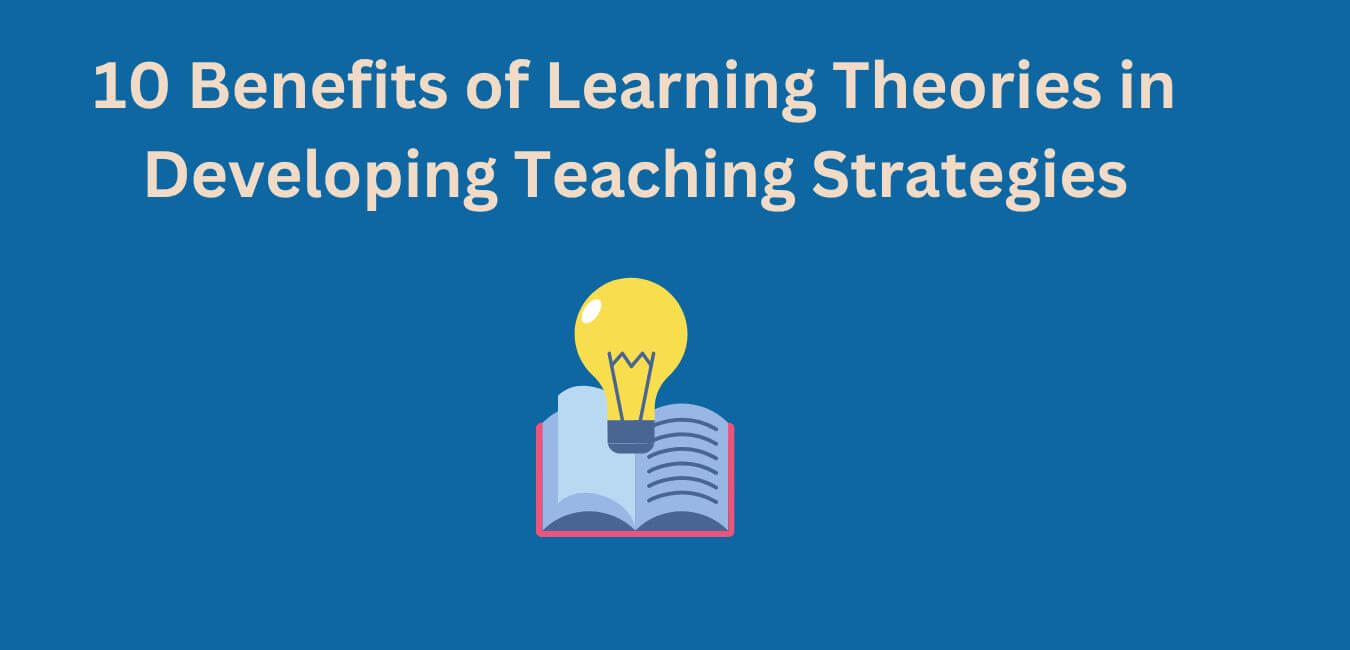
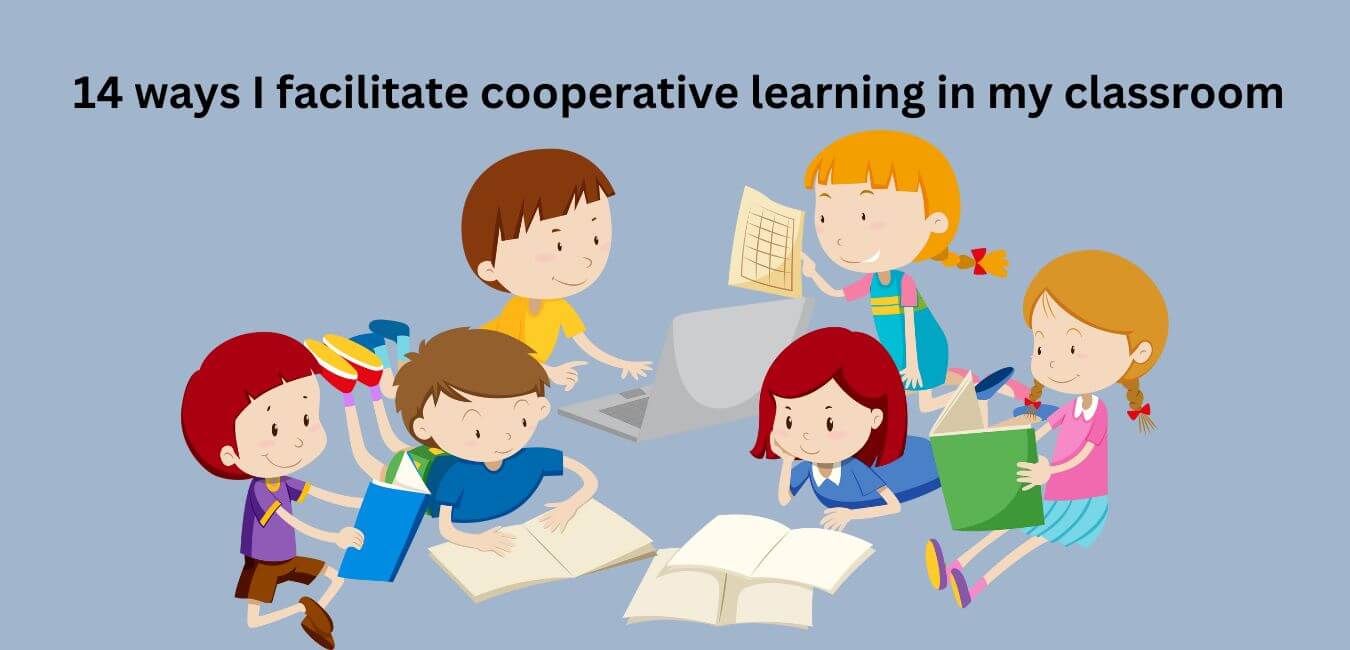
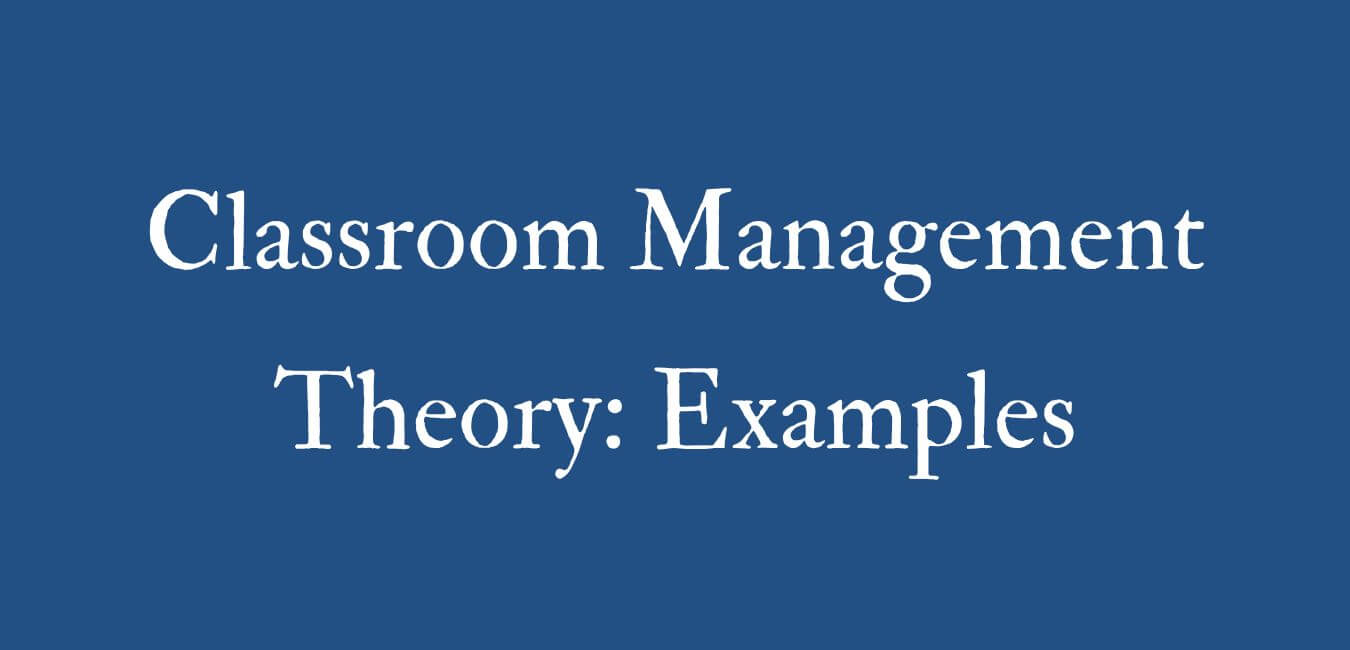
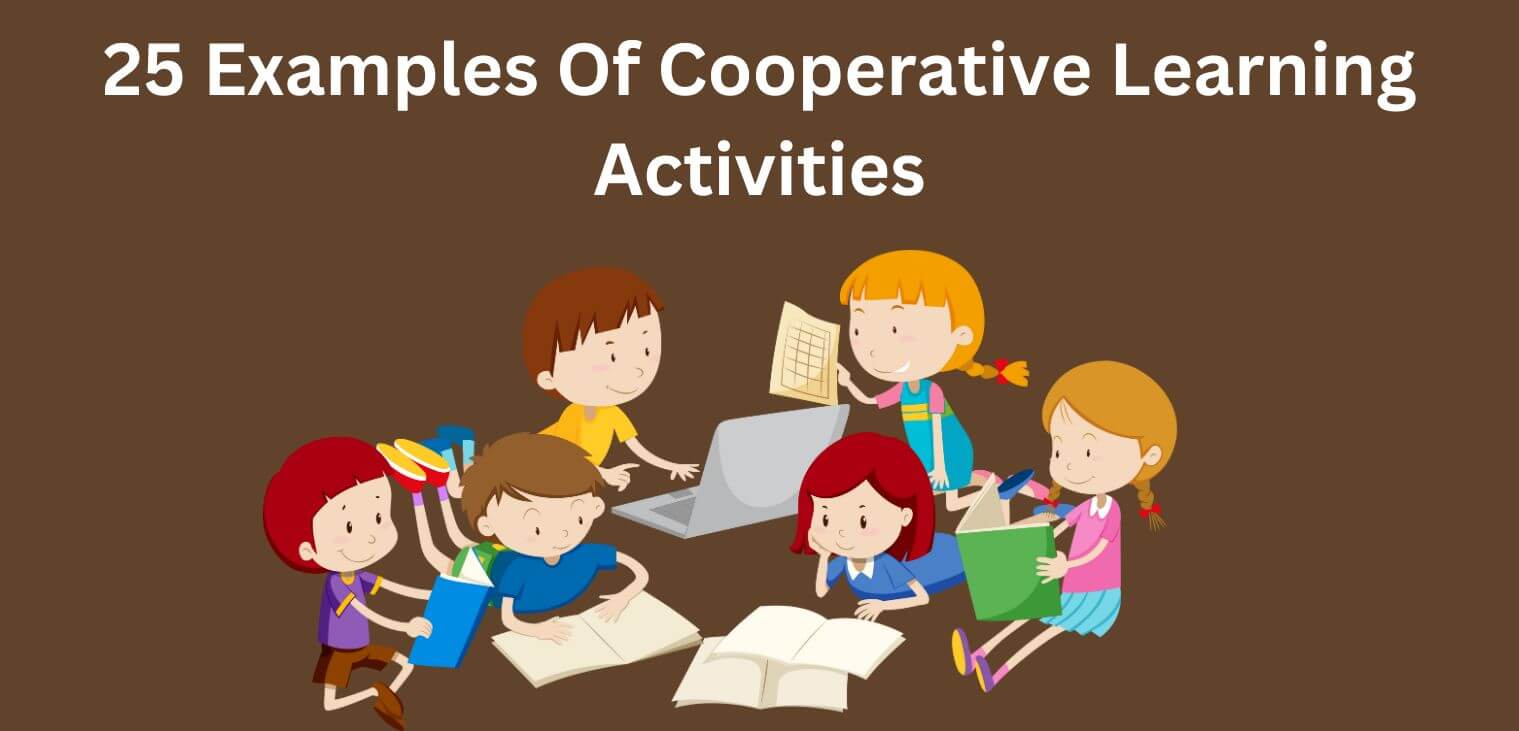
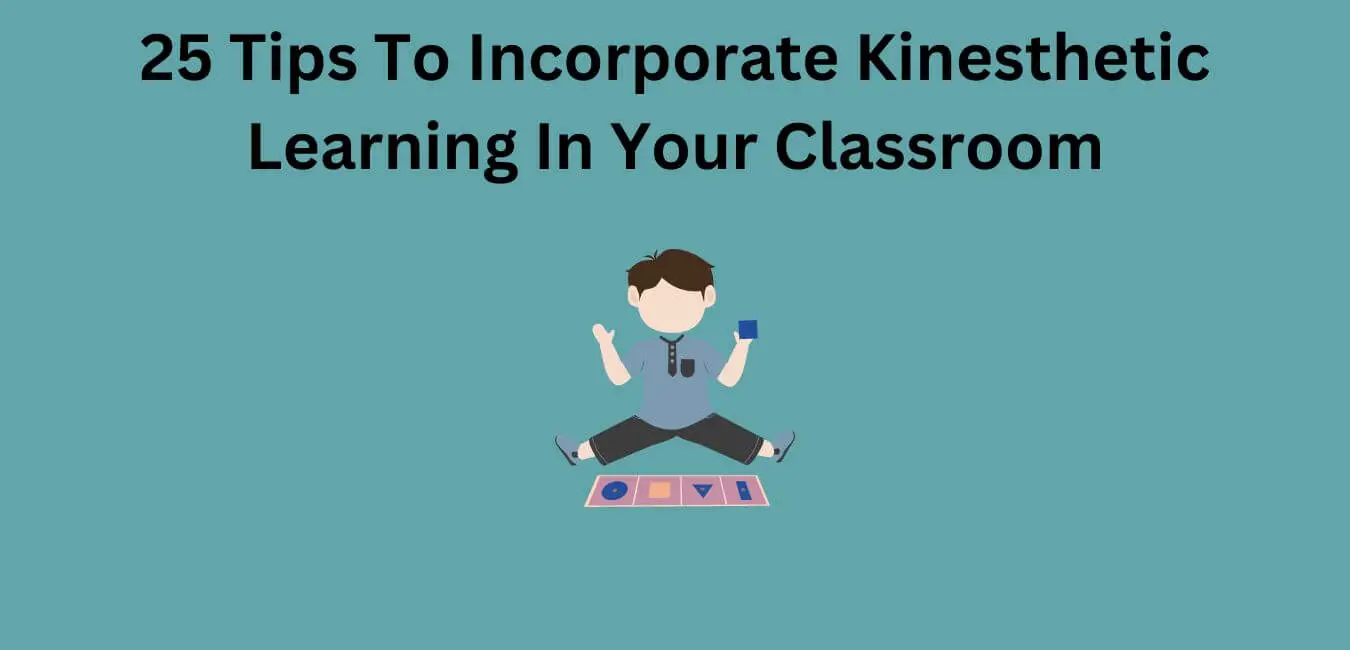
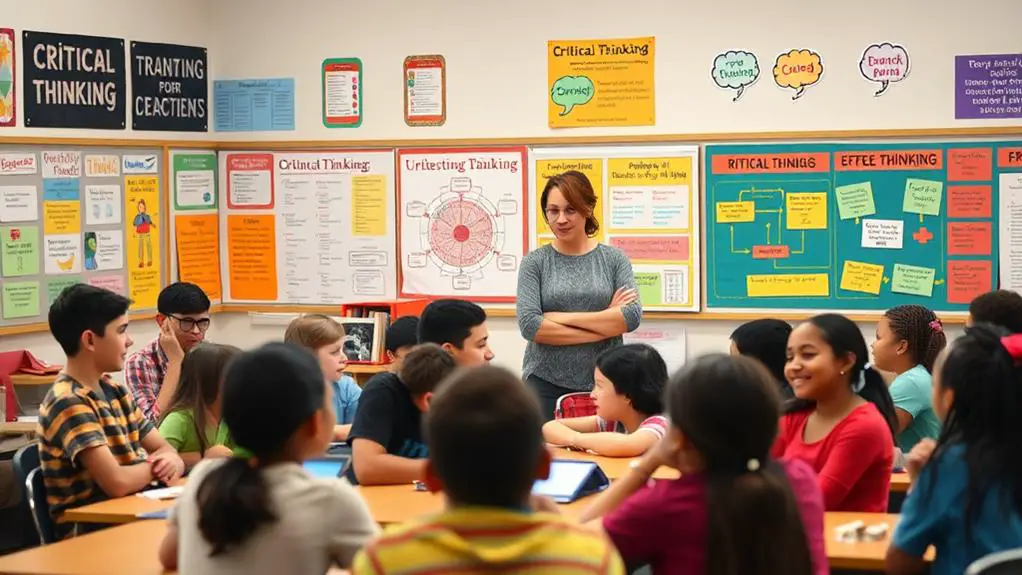



Leave a Reply